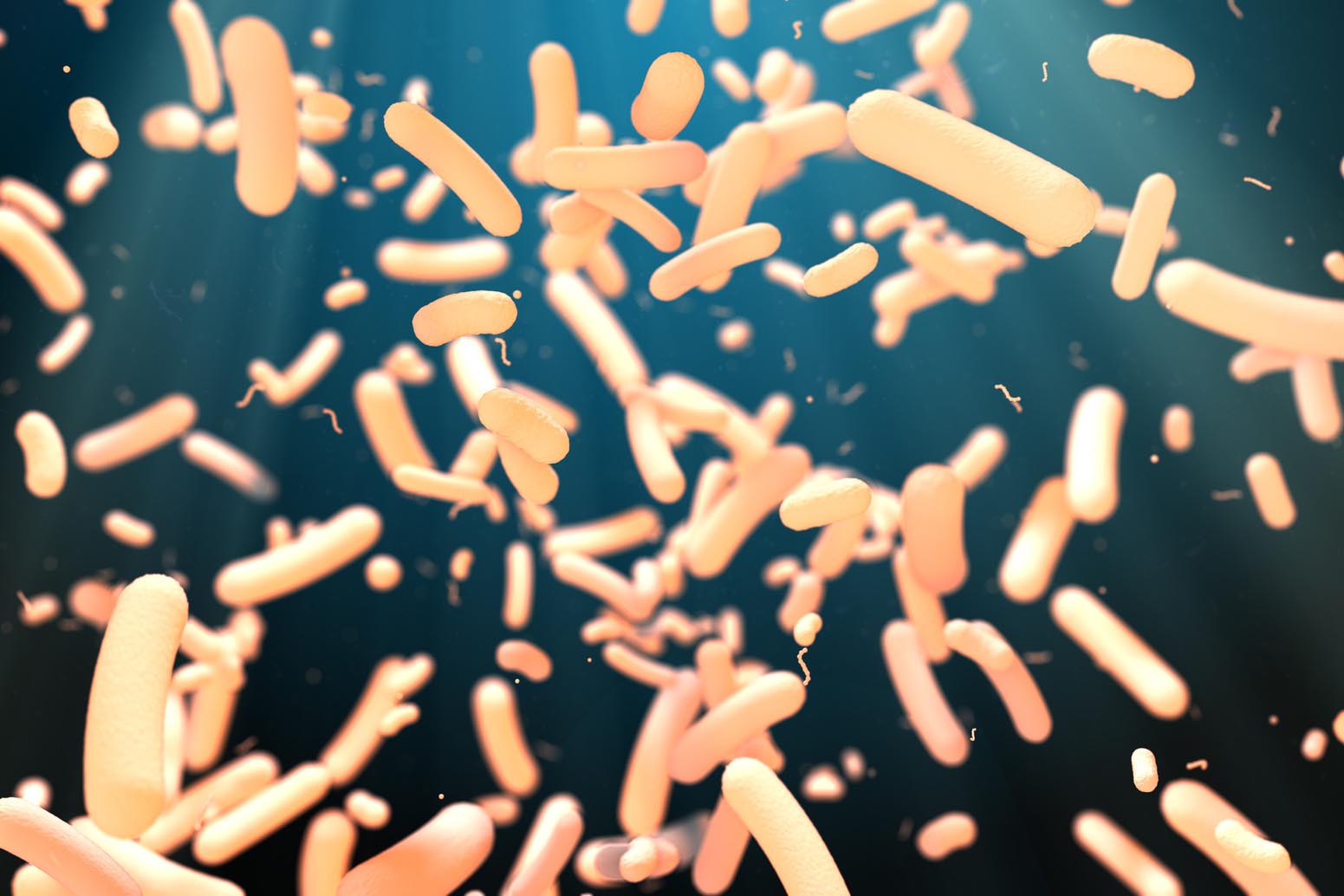There may be more genes in the community of microbes that populate our gut and mouth than previously thought. That’s according to one of the largest analyses of the number of genes that make up the human microbiome. The results, published in Cell Host & Microbe, could inform the design of precision-targeted treatments.
For a long time, scientists have known that the microbes that populate our gut and mouth are key modulators of health and disease. Many studies focused on what kind of bacterial species affect disease risk, but little is understood about the genes that make up these different microbial species.
To address this question, Braden Tierney at Harvard Medical School and his colleagues analyzed the DNA of 3,655 human microbiome samples, of which more than 1,400 were obtained from people’s mouths and 2,100 from people’s guts.
Staggering diversity
The researchers found nearly 46 million bacterial genes—about 24 million in the mouth microbiome and 22 million in the gut microbiome. The team estimated that the total number of genes in the collective human microbiome could be around 232 million.
More than 50%—or 23 million—of the mouth and gut bacterial genes occurred only once and were specific to the individual. Of these unique genes, 11.8 million came from mouth samples and 12.6 million came from gut samples.
Unique genes
Whereas commonly shared genes appeared to be involved in basic functions such as metabolism and breakdown of proteins, unique genes tended to have more specialized functions, like gaining resistance against antibiotics and helping to build microbial cell walls.
This finding suggests that unique genes are important in the evolutionary life of microbes, acting as reservoirs of genetic diversity that the microbe can pull from to adapt, the researchers say.
Targeted therapies
The study produced a large database that could help study genetic variation across multiple body sites and samples. The findings show that the genetic diversity of the human microbiome is immense, the researchers say.
Although the factors that fuel such genetic diversity are unknown, the team hopes that building a catalog of the human microbiome genes could help to develop targeted therapies based on the unique microbial genetic make-up of a person rather than on bacterial species alone.











